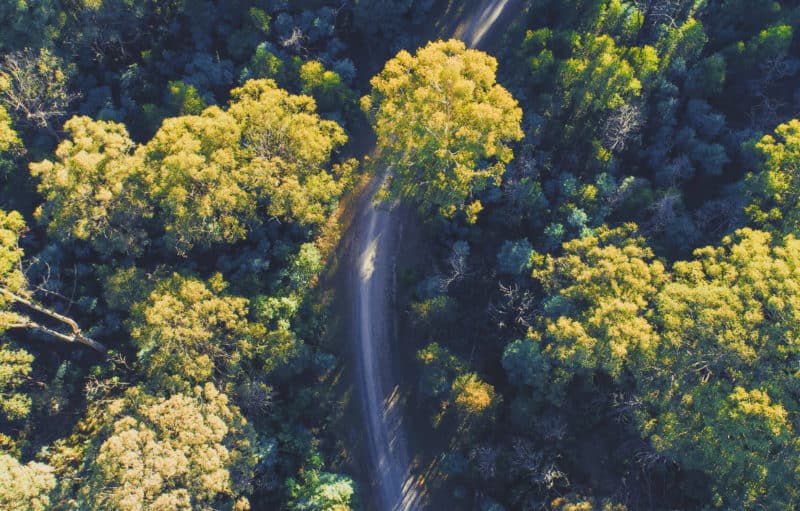MEDIA RELEASE 3 November 2022 |
A win for conservation as mountain bike track steers clear from sensitive areas of the national park.
Victorian National Parks Association is pleased decision makers have finally listened and accepted its long-fought campaign to protect the Yarra Ranges National Park from a proposed destructive large-scale mountain bike track.
Victoria’s Planning Minister Lizzie Blandthorn has agreed four trails (1, 45, 46, 47) presented an ‘unacceptable risk of significant effects’ to sections of the national park which have ‘high conservation value.’ Therefore, those sections will remain untouched and those trails will not form part of the Warburton Mountain Bike Destination project.
The original plan, proposed by the Yarra Ranges Council, would have ripped through some of Victoria’s last remaining cool temperate rainforest, and passed over the habitat of vulnerable wildlife, including the critically endangered Mount Donna Buang Wingless Stonefly.
Tracks that have been approved in the park will be subject to further assessment under the National Parks Act. Other measures have also been recommended to protect the park and threatened plants and animals, including no-go zones for identified Mount Donna Buang Wingless Stonefly habitat. The large network of mountain bike tracks in adjacent state forest have largely been approved with some modifications or additional conditions.
Victorian National Parks Association’s parks protection spokesman, Jordan Crook, said the decision serves as a lesson to improve the planning and funding system for similar large-scale recreational infrastructure proposals going forward.
“We welcome the Planning Minister’s decision to reject the construction of the most ecologically destructive mountain bike tracks in the Yarra Ranges National Park, due to its unacceptable impacts on rainforest communities and wildlife.
“This is a win for the Yarra Ranges National Park and the amazing biodiversity it holds and protects. Well done to the many people who made submissions to stand up for the national park.
“The results of the EES assessment is a timely recognition of the importance of our national parks. A lot of time and effort was put in to assess aspects of the project that really, shouldn’t have got that far. It highlights the need for early and clear assessment of proposals for large-scale development, especially from Federal & State funding bodies, in our key protected areas.
